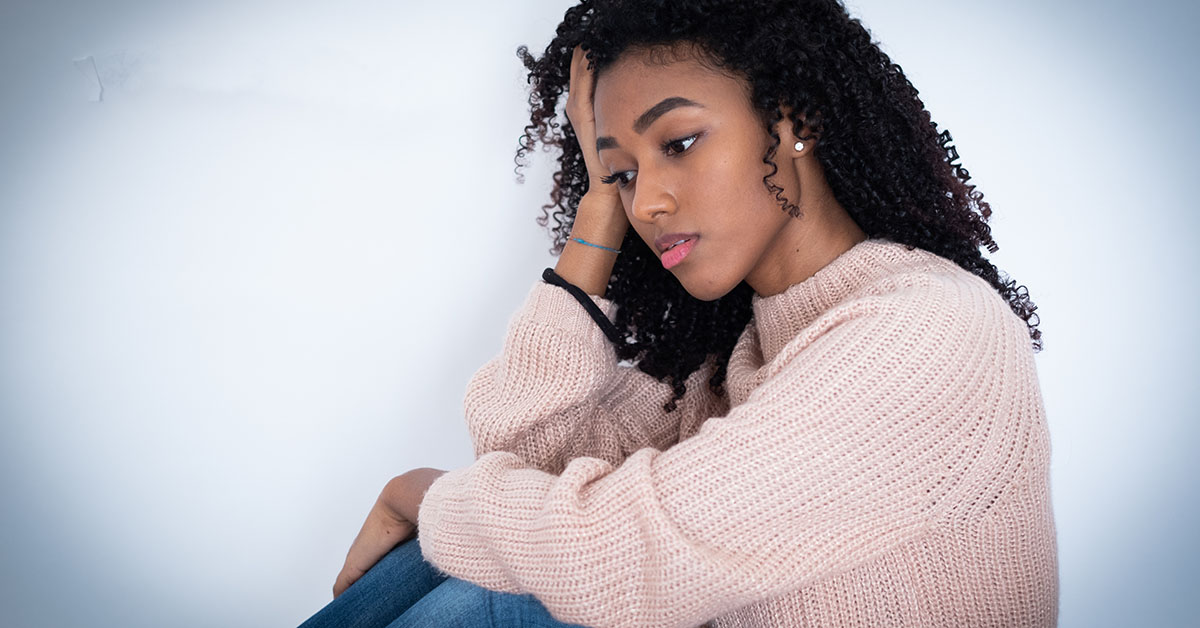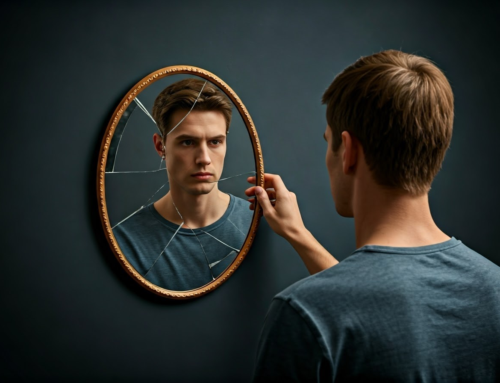Women’s Mental Health | Orlando Counselor
Women’s Mental Health is a crucial issue that affects millions of women worldwide. Over 1 in 5 women in the United States in the past year have experienced a mental health condition. Common conditions are anxiety and depression, although conditions like bipolar disorder and depression affect women more than men or affect them in different ways. Mental health conditions present differently in males and females.
Women are twice as likely to be diagnosed with depression then men. As for African-American, Hispanic, and white women, it is more than twice as common to have depression compared to Asian-American women. Depression is also more common for women whose families live below the poverty line.
When it comes to depression, there are many misconceptions. Although everyone has their down days and gets sad from time to time, depression is defined as when one feels sad, empty, or hopeless for at least 2 weeks. Depression is not something that is easily “shaken off.” Depression is commonly caused by family history, brain changes, chemistry, hormone levels, stress, medical problems, and/or pain. Depression can affect one’s motivation to go to work or school or their desire to spend time with loved ones.
Different forms of depression include major depressive disorder, dysthymic disorder, psychotic depression, postpartum depression, seasonal affective disorder, and bipolar depression.
- Major depressive disorder is a combination of symptoms that affects one’s ability to sleep, work, study, eat, or enjoy everyday activities.
- The dysthymic disorder usually lasts more than 2 years with less severe symptoms, but can cause one to struggle to live normally or feel well.
- Psychotic depression is when an individual has a severe depressive illness with some form of psychosis, such as a break from reality, hallucinations, and/or delusions.
- Postpartum depression is diagnosed when a mother has a major depressive episode after birth. Depression can also begin during pregnancy, which is referred to as a prenatal depression.
- Seasonal affective disorder occurs during winter months or seasons when the sunlight is not as present as normal.
- Bipolar depression is a little different, it is the depression side of bipolar disorder and requires different treatment than major depression.
Depression can be or seem overwhelming, fortunately, there are ways to treat depression. There are many resources that you may not even realize you have, such as speaking with your doctor, a nurse, a psychiatrist, a therapist, or even a social worker about your symptoms. While there are not currently any natural ways to treat depression the same as medication and therapy, there are many things you can do to improve your mental health. Those activities include (but are not limited to) exercise, relaxation training, or meditation.
Improving women’s mental health is crucial for their overall well-being. Here are some ways to improve women’s mental health:
1. Prioritize self-care: Women often put everyone else’s needs before their own. It’s important to take care of yourself first. This includes getting enough sleep, eating a healthy diet, and making time for activities that bring you joy.
2. Build a support system: Having a support system is crucial for good mental health. This can include friends, family, or a therapist. Having someone to talk to can help you process your emotions and feel more connected.
3. Practice mindfulness: Mindfulness is the practice of being present in the moment. This can help reduce anxiety and stress. Simple practices like deep breathing or meditation can be helpful for improving mental health.
4. Seek professional help if needed: If you’re struggling with your mental health, don’t hesitate to seek professional help. A mental health professional can provide therapy, medication, or other treatments that can help you feel better.
5. Make time for fun: It’s important to make time for activities that bring you joy. Whether it’s reading a book, going for a walk, or trying a new hobby, doing things you enjoy can help boost your mood and improve your mental health.
Call our In-person and Virtual Counselors in Orlando for help now at 407-248-0030! We also have teen counselors near Altamonte in Winter Park, Lake Mary, Clermont, East Orlando Waterford Lakes Avalon Park, Dr Phillips Windermere. We also help with EMDR therapy for anxiety and trauma and treat ADHD often without medication and the News Media called us 200+ times for our mental health advice.
SOURCES:
Depression https://www.womenshealth.gov/mental-health/mental-health-conditions/depression
Edited by TLC Intern: Sarah Hardee
Filed in: Adults, adults, Blog, Couples, Dana West, Dating, Depression, Divorce, Divorce, Family, Gemima McMahon, Hooking Up, Lyris Steuber, Marriage, Orlando, Parenting, Pre-Marital, Relationships, Self-Care, self-esteem, Teens, Womens Issues
Share This Story, Choose Your Platform!
Total Life Counseling Center consists of Licensed Counselors, masters level therapists, Español counselors, Licensed Mental Health Counselors, business coaches, and image enhancement coaches who provide counseling for emotional, mental, physical and spiritual care including marriage, individual, family, substance abuse and more. TLC’s family, trauma and marriage experts have been interviewed on National and Local TV/Radio over 200 times for their expert advice on Fox News, OWN, WETV, ABC’s Medical Minute and more. Our skilled counselors are relational, approachable and specialists providing therapy services in the Central Florida area including: Orlando, Winter Park, MetroWest, Windermere, Dr. Phillips, East Orlando, Lake Mary, and Clermont, Boca Raton Florida, and Dallas, TX.






